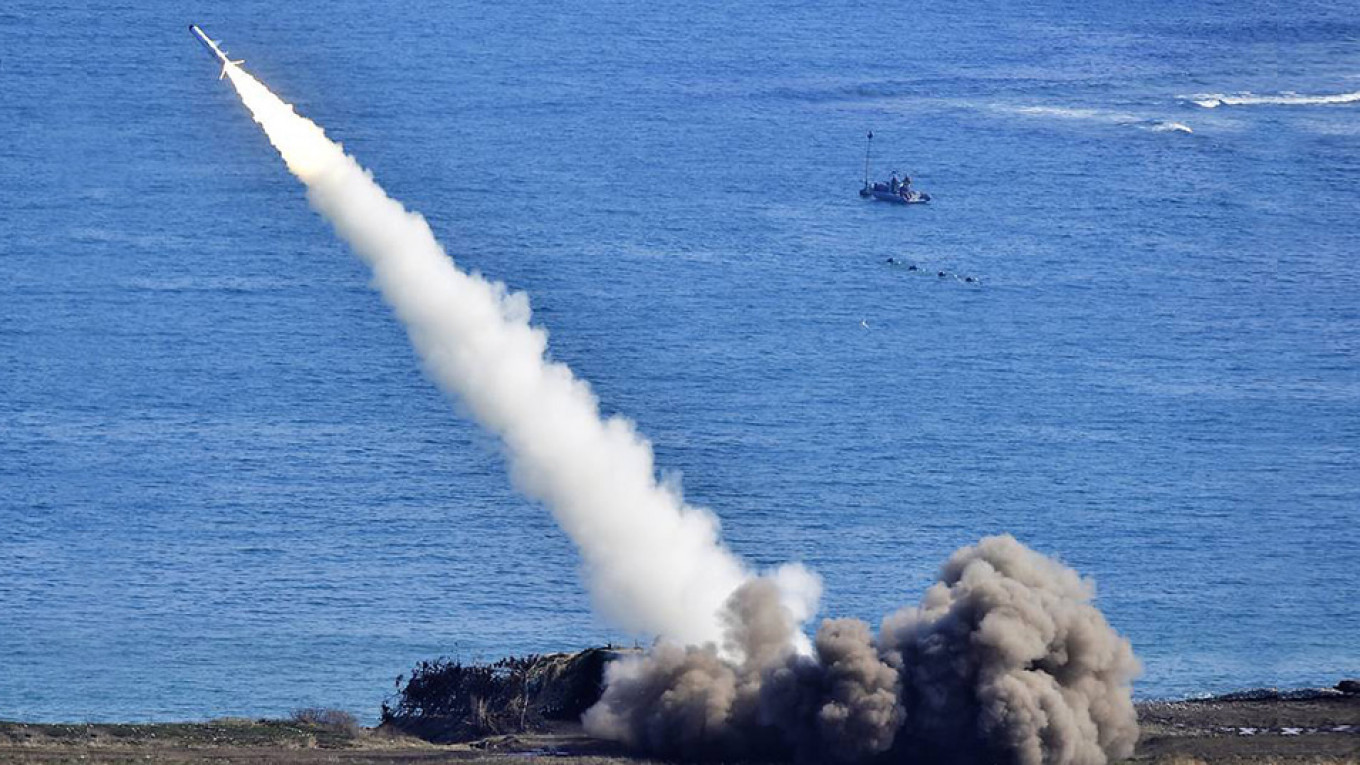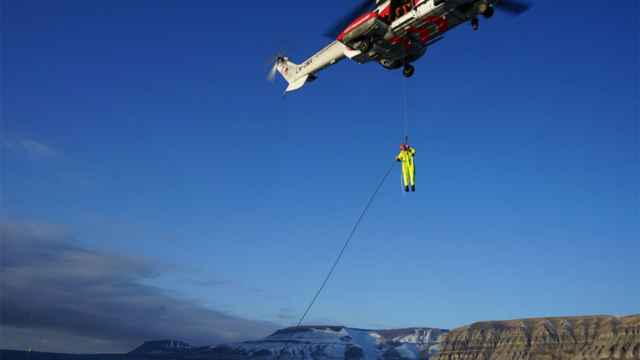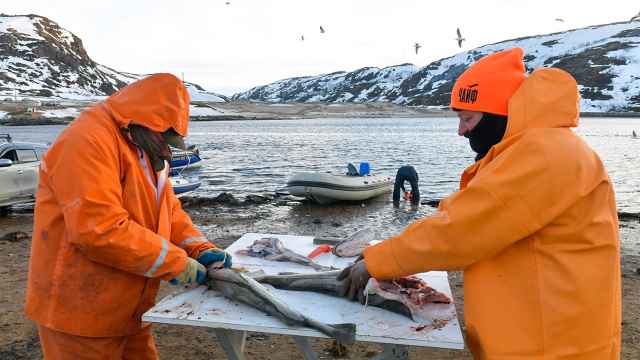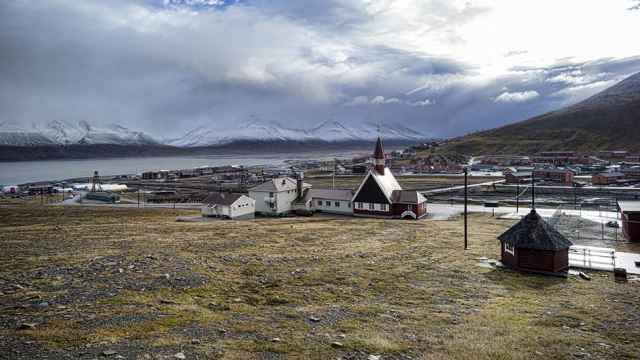Russia's Bal coastal missile system (NATO reporting name SSC-3 or Styx) was moved from its permanent deployment location to the Sredny Peninsula on the Barents Sea coast on Wednesday evening, the Northern Fleet's press service reported.
Sredny Peninsula is the smallest peninsula between the Pechenga Bay and Rybachny (Fisher) Peninsula, a northwestern appendix to the Kola Peninsula.
During blue-sky days, the coast of the Sredny Peninsula is visible from Vardø, the Norwegian town known for housing the Globus radar system operated by the country’s intelligence service.
The radars have been a thorn in the side of Russia’s security relations with Norway for a long time.
In May, Russian Foreign Ministry spokeswoman Maria Zakharova said that Russia would take countermeasures to a new and more modern radar that is currently under construction in Vardø.
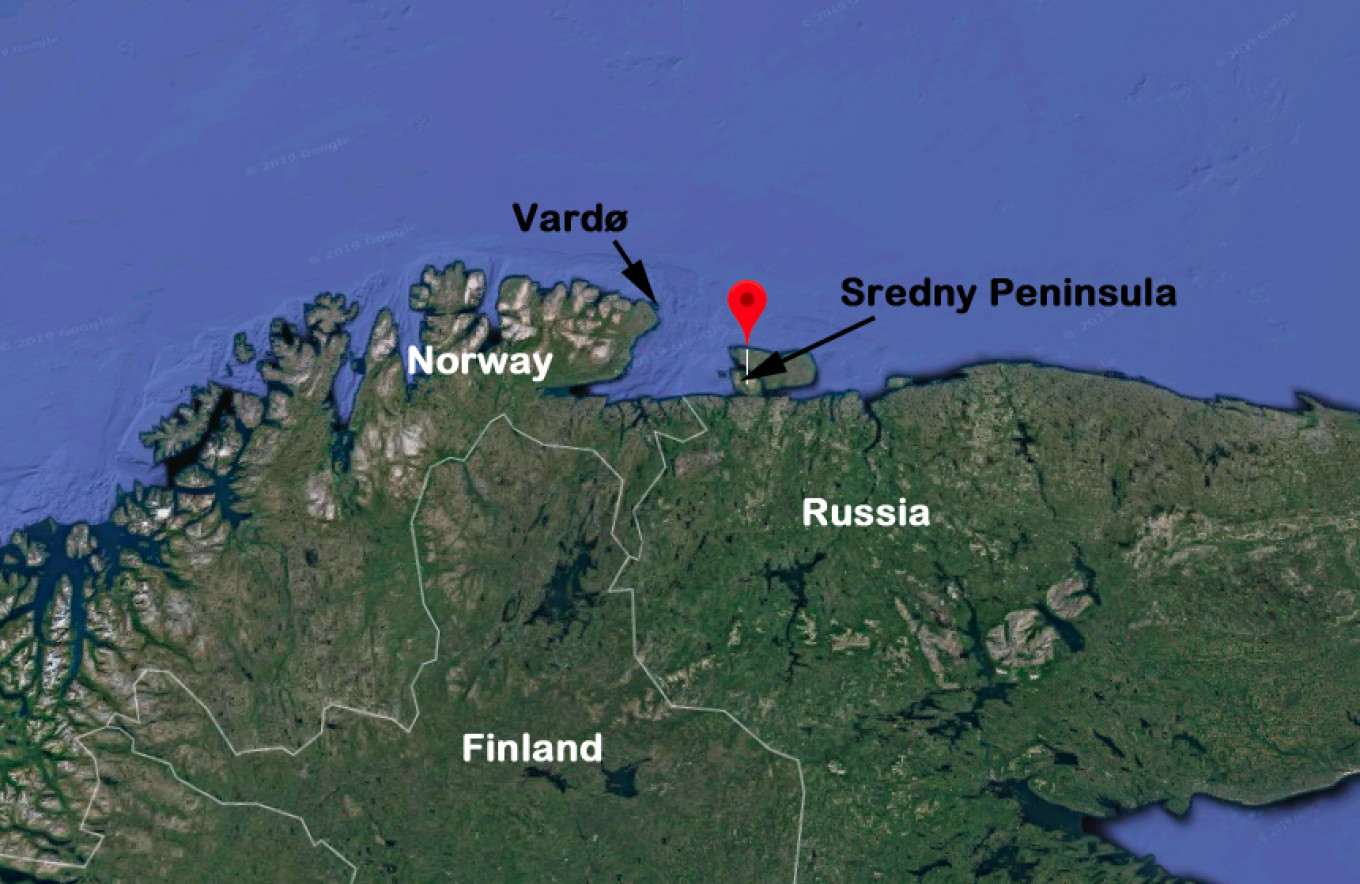
“It seems obvious to me that military preparations near Russian or any other borders cannot be ignored by our or other countries,” Zakharova said. “We presume that we will take response measures to ensure our own security.”
Sredny Peninsula is a short distance away from Norway and the Varanger fjord origin, as well as from the missile division of the Northern Fleet’s artillery brigade.
Bal is a mobile coastal missile system which was first put into service after 2004, although it is likely that the system now deployed is a modernized version. The system is equipped with Kh-35 turbojet supersonic cruise anti-ship missiles, which each boast a 145-kilogram warhead. A fully loaded unit carries eight missiles for a total of 32 missiles in a salvo from the four Bal vehicles, plus reloads for another wave.
Although primarily aimed at targeting surface ships, the missile system can also be used against land targets.
Sredny Peninsula is 35 kilometers away from Grense Jakobselv, the small river forming the Norwegian-Russian land border in the north. The distance from the deployed missile system to the Norwegian town of Kirkenes is 65 kilometers.
The press service of the Northern Fleet reported that 60 military personnel and 15 units of military hardware were involved in the move.
The first practical shootings with the missiles will take place this fall during the Northern Fleet's planned exercises.
“On the [Sredny] peninsula, division personnel will work to prepare the Bal complexes for firing at surface targets, and will conduct a missile strike against a group of imitation enemy ships,” the press note reads.
The news about moving the missile system to the coast across the fjord from the Vardø radars came two days after the Russian navy announced a comprehensive live-shooting exercise for four dedicated areas in the Norwegian Sea outside the counties of Nordland and Troms in northern Norway, a move strongly criticized by the defense ministry in Oslo.
Russia’s increased military activities in the vicinity of Norwegian territory come only days after the death of the more than 30-year-old landmark Intermediate-Range Nuclear Forces (INF) Treaty, which banned the U.S. and Russia from fielding land-based missiles with a range between 500 and 5,500 kilometers.
A Message from The Moscow Times:
Dear readers,
We are facing unprecedented challenges. Russia's Prosecutor General's Office has designated The Moscow Times as an "undesirable" organization, criminalizing our work and putting our staff at risk of prosecution. This follows our earlier unjust labeling as a "foreign agent."
These actions are direct attempts to silence independent journalism in Russia. The authorities claim our work "discredits the decisions of the Russian leadership." We see things differently: we strive to provide accurate, unbiased reporting on Russia.
We, the journalists of The Moscow Times, refuse to be silenced. But to continue our work, we need your help.
Your support, no matter how small, makes a world of difference. If you can, please support us monthly starting from just $2. It's quick to set up, and every contribution makes a significant impact.
By supporting The Moscow Times, you're defending open, independent journalism in the face of repression. Thank you for standing with us.
Remind me later.


